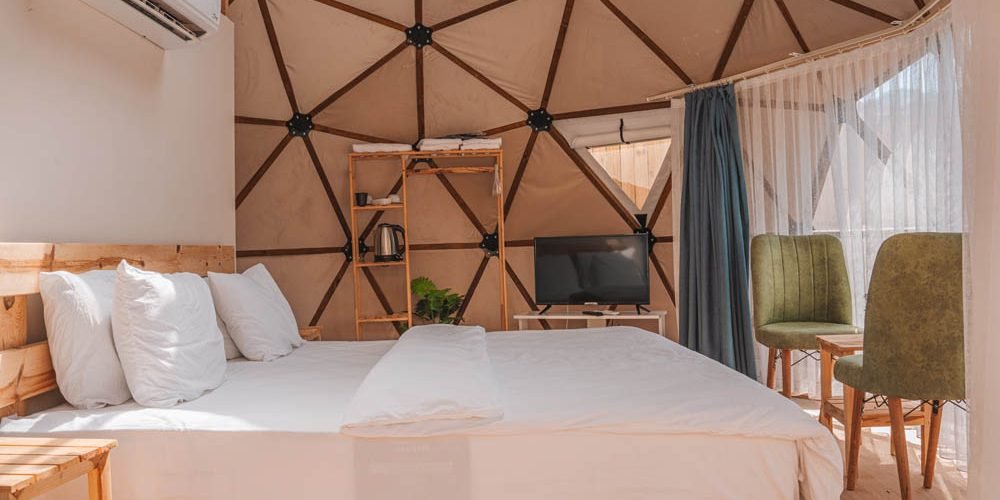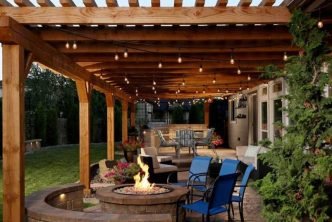During the sweltering summer months, an air conditioner is a wonderful respite, but when it doesn’t provide cool air, it may cause discomfort and annoyance. The warm or room temperature air your AC unit blows instead of the desired cold breeze might be caused by a few things. This post will examine five typical causes of your air conditioner not producing cold air and offer some potential fixes.
Table of Contents
1. Dirty or Clogged Air Filters
Clogged or unclean air filters are one of the most frequent causes of heated air being blasted by an air conditioner. Air filters gather dust, debris, and other particles over time, which restricts airflow and makes it harder for your unit to chill the air efficiently. You could thus see subpar cooling as a result. Filthy air filters not only obstruct airflow but also make the system work harder to keep the proper temperature, which increases energy consumption.
Solution: As advised by the manufacturer, routinely check and change your air filters. This should normally be carried out every one to three months. Better airflow from clean filters increases your air conditioner’s efficiency and guarantees that it produces chilly air.
2. Refrigerant Leaks
The material in your air conditioning unit that cools the air is called refrigerant. The system’s inability to adequately chill the air due to a refrigerant leak will cause warm air to escape via the vents. Corrosion, physical harm, or poor installation are all potential causes of refrigerant leakage. Refrigerant leaks can affect the environment, reduce cooling effectiveness, and increase the use of energy as the air conditioner works harder to achieve the desired temperature.
Solution: To identify and fix any refrigerant leaks you suspect, get in touch with a qualified HVAC specialist. They will find the leak, seal it, and add more refrigerant to your AC unit so that it can cool down again. Refrigerant leaks must be fixed right away to minimize your carbon footprint, comply with environmental standards, and restore effective cooling.
3. Thermostat Problems
Occasionally, the thermostat may be the problem instead of your air conditioner. Your air conditioning machine may be blowing air at the incorrect temperature if its thermostat is broken or improperly adjusted. Your AC unit may run excessively or not chill your room sufficiently due to inaccurate readings of temperature or insensitive settings.
Solution: Verify that “Cool” and the appropriate temperature are selected on your thermostat. The thermostat may require repair or recalibration by a qualified technician if it is sluggish or does not indicate the right temperature. Ensuring that your AC unit correctly meets your cooling demands and preserving a comfortable interior atmosphere depends on the proper operation of your thermostat.
4. Dirty or Blocked Condenser and Evaporator Coils
Your air conditioner’s evaporator and condenser coils are essential to the heat transfer process. It will be more difficult for your unit to efficiently chill the air if these coils are unclean or clogged with debris. Reduced cooling effectiveness may result from debris and dirt on the coils acting as insulators and obstructing the efficient transmission of heat.
Solution: Cleaning both condenser and evaporator coils is an important part of routine AC maintenance. However, since incorrect cleaning might harm the coils, this is a process best left to experts. Frequent maintenance visits can guarantee that these coils stay hygienic and operational. Your air conditioner can run if the coils are kept clean.
5. Electrical and Mechanical Issues
Over time, several mechanical and electrical parts in your air conditioning equipment, such as the fan motor, the capacitor, or the compressor, may malfunction or fail. Your cooling system may blow heated air or stop working entirely if these parts aren’t functioning properly. Mechanical difficulties might include worn-out parts or compressor problems, while electrical faults can result in malfunctions like failed capacitors or troubles with the fan motor.
Solution: A professional HVAC air conditioning Dallas technician with the necessary training is needed to diagnose and fix mechanical and electrical problems that might arise with your ac unit. They can locate malfunctioning parts, carry out required maintenance, and guarantee that your machine is operating effectively. Timely resolution of these problems not only stops more damage and expensive malfunctions but also restores cold air output.
Conclusion
It might not be very pleasant when your air conditioner stops producing cool air, especially in the sweltering summer months. You may take proactive measures to fix the issue and guarantee your cooling system performs at its best by being aware of the typical causes of this problem. To experience the comfort of cold air in the summer, you must do regular maintenance, get expert assistance as soon as possible, and monitor the functioning of your air conditioning equipment.





